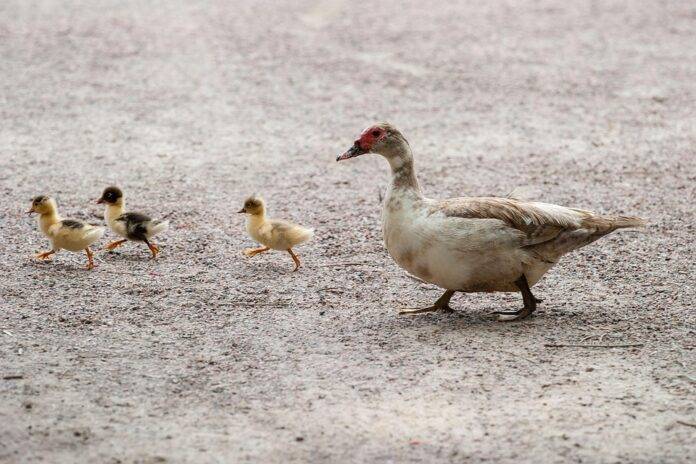Sustainability Practices in Industrial Duck Farming Worldwide
Introduction
Industrial duck farming plays a significant role in meeting the global demand for duck meat and eggs. However, the environmental impact of intensive duck farming practices has raised concerns about sustainability. In this report, we will explore the sustainability practices in industrial duck farming worldwide, focusing on key initiatives, challenges, and opportunities for improvement.
Current State of Industrial Duck Farming
Industrial duck farming involves large-scale operations that produce ducks for meat and egg production. The industry is concentrated in regions such as Asia, Europe, and North America, where demand for duck products is high. Companies like Maple Leaf Farms in the United States, Grimaud Frères in France, and Sunner Development Co., Ltd in Taiwan are major players in the industrial duck farming sector.
Sustainability Initiatives in Industrial Duck Farming
To address the environmental impact of industrial duck farming, many companies have implemented sustainability initiatives. These include:
1. Water Management: Duck farming requires significant amounts of water for duck bathing, drinking, and waste treatment. Companies are investing in water recycling systems and efficient water management practices to reduce water consumption and minimize water pollution.
2. Feed Efficiency: Improving feed efficiency is crucial for reducing the environmental footprint of duck farming. Companies are exploring alternative feed sources, such as insect-based feeds, to reduce reliance on traditional feed ingredients like soy and corn.
3. Energy Efficiency: Energy-intensive operations in industrial duck farming, such as heating and ventilation systems, contribute to greenhouse gas emissions. Companies are adopting energy-efficient technologies and renewable energy sources to reduce their carbon footprint.
4. Waste Management: Duck farming generates organic waste that can pollute water bodies and soil. Companies are implementing waste management practices such as composting and biogas production to reduce waste and create value from by-products.
Challenges and Opportunities
Despite these sustainability initiatives, industrial duck farming faces several challenges in achieving long-term sustainability. These include:
1. Antibiotic Use: The use of antibiotics in duck farming to prevent diseases and promote growth poses a risk of antibiotic resistance and environmental contamination. Companies need to reduce antibiotic use through better disease prevention strategies and alternative treatments.
2. Land Use: Industrial duck farming requires large amounts of land for duck housing and outdoor access. Sustainable land management practices, such as rotational grazing and agroforestry, can help minimize the environmental impact of land use in duck farming.
3. Consumer Awareness: Increasing consumer awareness about the environmental and ethical implications of duck farming can drive demand for sustainable duck products. Companies can differentiate their products through certifications like organic and free-range, which emphasize sustainability and animal welfare.
Financial Data and Industry Insights
The global industrial duck farming market was valued at $XX billion in 2020 and is projected to grow at a CAGR of XX% from 2021 to 2026. Asia-Pacific is the largest market for industrial duck farming, driven by high consumption of duck meat and eggs in countries like China and Vietnam.
Companies in the industrial duck farming sector are investing in research and development to improve sustainability practices and meet consumer demand for ethically produced duck products. For example, Maple Leaf Farms has introduced a line of organic duck products, while Grimaud Frères has focused on genetic selection for disease resistance and feed efficiency.
In conclusion, sustainability practices in industrial duck farming are essential for mitigating the environmental impact of intensive farming operations. Companies in the sector are actively pursuing initiatives to improve water management, feed efficiency, energy efficiency, and waste management. By addressing key challenges and capitalizing on opportunities, the industrial duck farming industry can move towards a more sustainable and responsible future.




